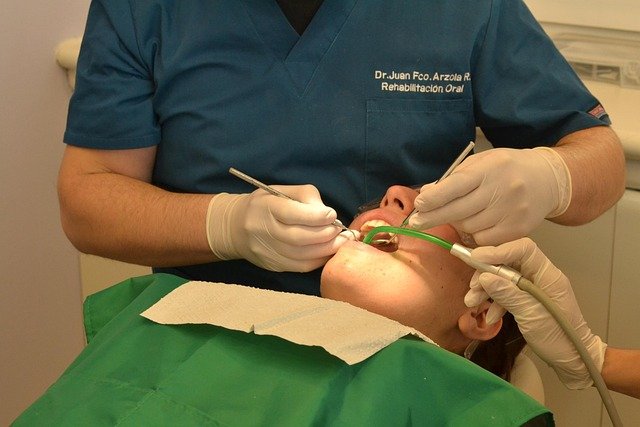Egg Donation: What You Should Know
Egg donation is a crucial and deeply generous process that helps individuals and couples from all walks of life build their families when they otherwise couldn't. For many, it is the only path to parenthood. If you are considering becoming an egg donor, it's a significant decision that requires careful thought. This comprehensive guide is designed to help you learn about the detailed requirements, from age and health screenings to the time commitment involved. It also provides a clear overview of potential compensation and explains every step of the journey. Understand the important medical, legal, and ethical aspects to ensure you can make a fully informed and confident decision

What Is the Process of Egg Donation: A Step-by-Step Overview?
The egg donation process involves several carefully coordinated steps. Initially, potential donors undergo thorough medical and psychological screenings to ensure their suitability. Once approved, the donor begins a regimen of hormonal medications to stimulate egg production. This phase, known as ovarian stimulation, typically lasts 10-14 days and is closely monitored through blood tests and ultrasounds.
When the eggs reach maturity, they are retrieved through a minimally invasive procedure called transvaginal ultrasound aspiration. This outpatient procedure is performed under light sedation and usually takes about 20-30 minutes. After retrieval, the eggs are either fertilized immediately or frozen for future use, depending on the recipient’s circumstances.
What Are the Key Requirements for Potential Egg Donors?
Egg donation programs have specific criteria to ensure the health and well-being of both donors and recipients. Generally, donors must be between 21 and 34 years old, as egg quality and quantity are optimal during this age range. Good physical and mental health is essential, and donors undergo comprehensive medical examinations and genetic screenings.
Lifestyle factors also play a crucial role. Donors are typically required to maintain a healthy BMI, be non-smokers, and have no history of substance abuse. Educational background and personal achievements are often considered, as some recipients seek specific traits in their donors. Additionally, a willingness to commit to the time-intensive process and potential follow-up appointments is necessary.
How Do Egg Donation Programs Work: Legal and Medical Insights?
Egg donation programs operate within a complex framework of legal and medical guidelines. Legally, donors must sign contracts relinquishing their rights to any resulting children. These agreements also outline compensation, which varies but typically ranges from $5,000 to $10,000 per donation cycle. It’s important to note that selling eggs is illegal in many countries, including the United States, so compensation is framed as reimbursement for time and inconvenience.
Medically, programs adhere to strict protocols set by organizations like the American Society for Reproductive Medicine. These guidelines cover everything from donor screening to the number of embryos that can be transferred to a recipient. Programs also maintain strict confidentiality measures to protect the privacy of both donors and recipients.
What Are the Ethical Considerations in Egg Donation?
Egg donation raises several ethical questions that potential donors and recipients must carefully consider. One primary concern is the commodification of human reproductive material. Critics argue that egg donation could lead to the exploitation of young women, particularly those in financial need.
Another ethical consideration is the psychological impact on donors, recipients, and any resulting children. Donors may experience emotional attachment to their genetic offspring, while recipients grapple with questions of disclosure to their children. The long-term effects on donor-conceived individuals, particularly regarding their sense of identity and genetic heritage, are also subjects of ongoing ethical debate.
Additionally, there are concerns about the potential health risks to donors from the hormonal treatments and egg retrieval procedure. While studies have shown these risks to be minimal, the long-term effects of repeated donations are not yet fully understood.
How Can You Find a Trusted Egg Donation Clinic?
Selecting a reputable egg donation clinic is crucial for both donors and recipients. Start by researching clinics accredited by recognized organizations such as the Society for Assisted Reproductive Technology (SART) or the Human Fertilisation and Embryology Authority (HFEA) in the UK. These accreditations ensure that clinics adhere to strict professional and ethical standards.
Consider the clinic’s success rates, which should be publicly available. However, be cautious of clinics that promise unrealistic success rates. Look for transparency in their processes, including how they screen and match donors with recipients. It’s also important to evaluate the clinic’s approach to legal and ethical issues, such as donor anonymity and compensation policies.
| Clinic Name | Accreditation | Success Rates | Key Features |
|---|---|---|---|
| Fertility Associates | SART | 65% live birth rate per embryo transfer | Comprehensive donor screening, Genetic counseling |
| ReproMed | ASRM | 60% clinical pregnancy rate | Anonymous and known donor options, On-site psychological support |
| Coastal Fertility | SART, ASRM | 58% live birth rate for women under 35 | Advanced lab techniques, Diverse donor pool |
Prices, rates, or cost estimates mentioned in this article are based on the latest available information but may change over time. Independent research is advised before making financial decisions.
Egg donation is a complex process that involves careful consideration of medical, legal, and ethical factors. By understanding these aspects, potential donors and recipients can make informed decisions about their participation in egg donation programs. As assisted reproductive technologies continue to advance, it remains crucial to balance the potential benefits with the ethical implications and ensure the well-being of all parties involved.
This article is for informational purposes only and should not be considered medical advice. Please consult a qualified healthcare professional for personalized guidance and treatment.




